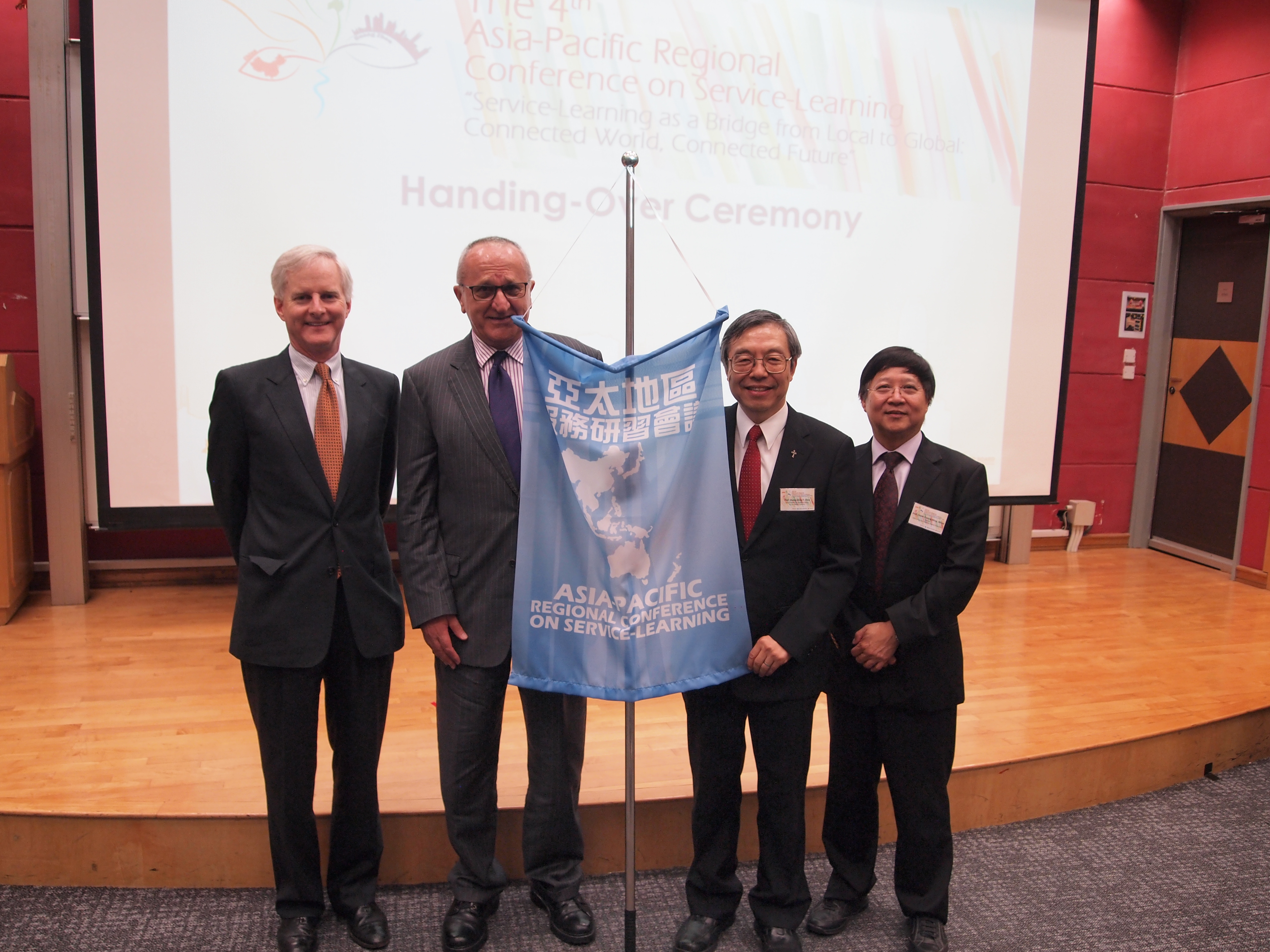Community engagement as social responsibility : redefining university community relations
Location
MD152, Paul Cardinal Shen Medical Building, Fu Jen University
Start Date
28-5-2015 10:30 AM
End Date
28-5-2015 12:00 PM
Description
In the rapidly changing world order, there is increasing demand for finding solutions to the ever-so-pressing human and ecological challenges facing humanity today. It is in this sense that new knowledge for innovations becomes critical. The critical question of our times is the nature of such knowledge and the modes of production and dissemination of this knowledge. It is precisely in responding to these questions that the multiple epistemologies of knowledge gain significance. Universities can contribute to finding such innovative solutions if they co-produce this knowledge in partnerships with communities and civil societies. What are the factors that enable such community-university research partnerships?
Asian societies are historically old societies and cultures with more than five thousand years of recorded history. Yet, today, majority of population in Asia is young. The median age in India is 24 years, in China 29 years. Nearly 1.75 billion Asians are below the age of 30 years. Increasingly larger proportions of these are attending post-secondary educational institutions. How can the curriculum and teaching in Asian post-secondary educational institutions embed the youth of Asia into the diversity of its socio-economic and cultural contexts? How can the future leaders of Asian societies learn to appreciate inequalities, migrations and conflicts manifested in the societal transformations occurring in these countries?
Recommended Citation
Tandon, R. (2015, May). Community engagement as social responsibility: Redefining university community relations. Paper presented at the 5th Asia-Pacific Regional Conference on Service-Learning: Love Journey: Community Engagement through Service-Learning, Fu Jen Catholic University, Taiwan.
Community engagement as social responsibility : redefining university community relations
MD152, Paul Cardinal Shen Medical Building, Fu Jen University
In the rapidly changing world order, there is increasing demand for finding solutions to the ever-so-pressing human and ecological challenges facing humanity today. It is in this sense that new knowledge for innovations becomes critical. The critical question of our times is the nature of such knowledge and the modes of production and dissemination of this knowledge. It is precisely in responding to these questions that the multiple epistemologies of knowledge gain significance. Universities can contribute to finding such innovative solutions if they co-produce this knowledge in partnerships with communities and civil societies. What are the factors that enable such community-university research partnerships?
Asian societies are historically old societies and cultures with more than five thousand years of recorded history. Yet, today, majority of population in Asia is young. The median age in India is 24 years, in China 29 years. Nearly 1.75 billion Asians are below the age of 30 years. Increasingly larger proportions of these are attending post-secondary educational institutions. How can the curriculum and teaching in Asian post-secondary educational institutions embed the youth of Asia into the diversity of its socio-economic and cultural contexts? How can the future leaders of Asian societies learn to appreciate inequalities, migrations and conflicts manifested in the societal transformations occurring in these countries?
